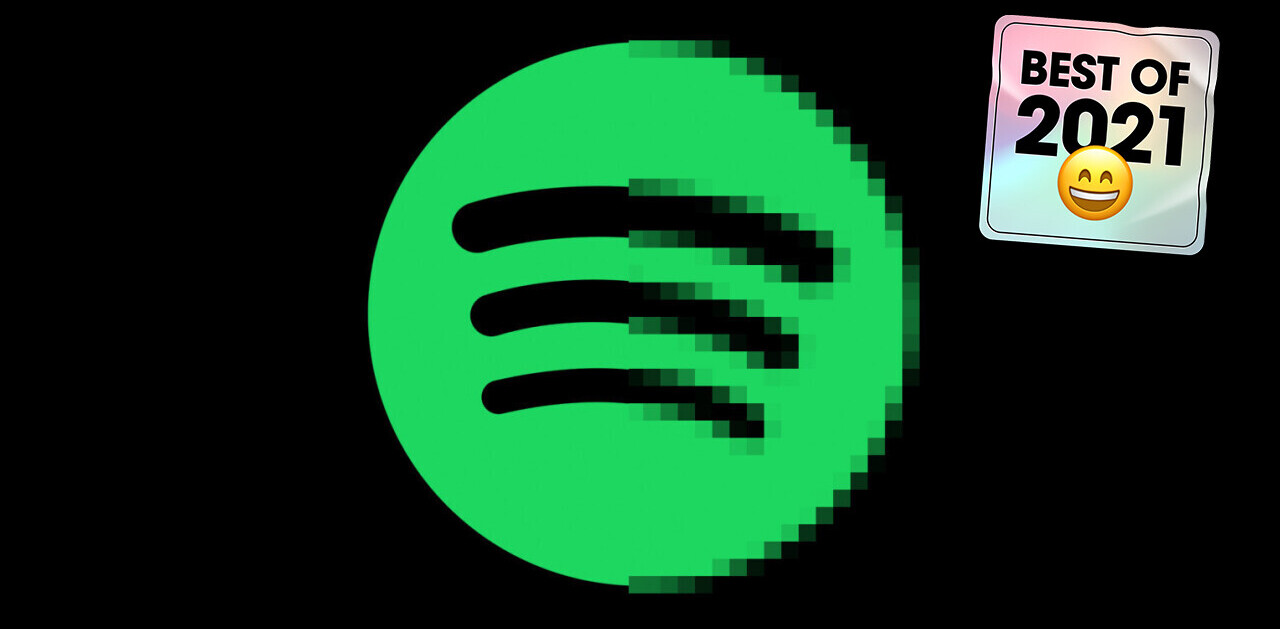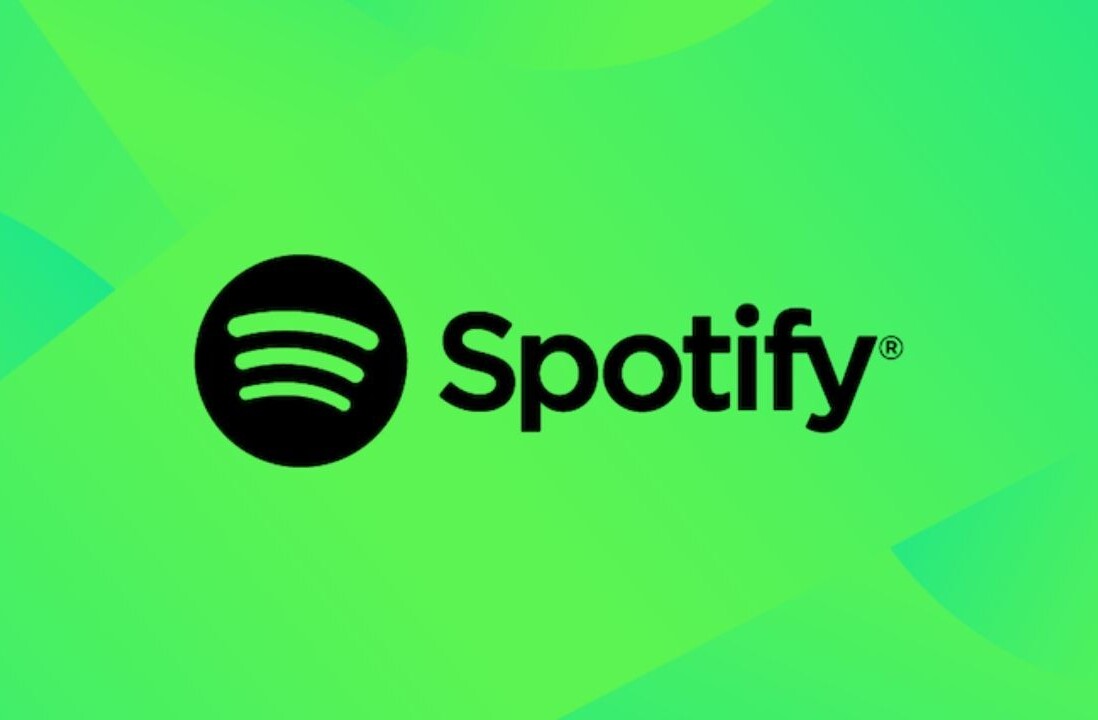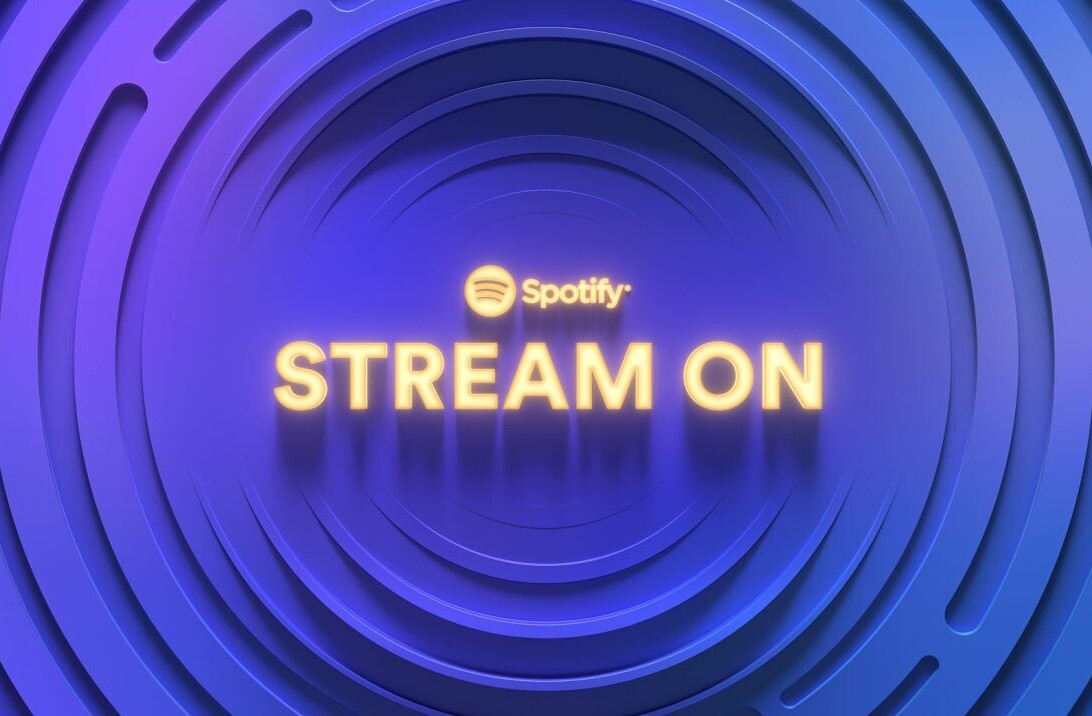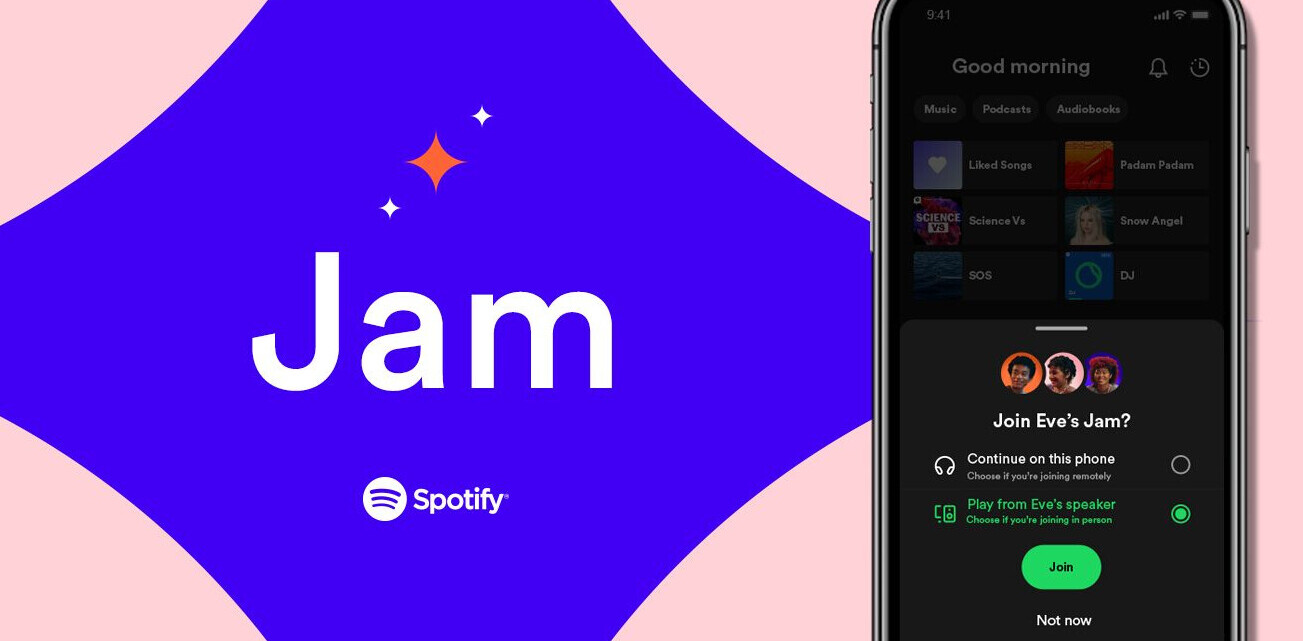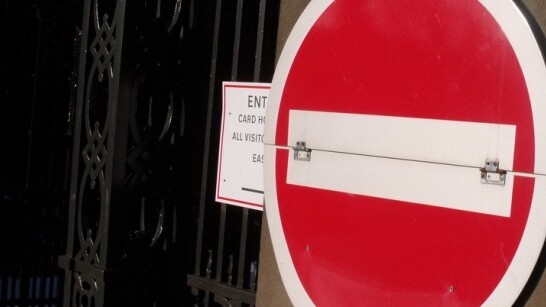
“I’m a huge fan of Spotify,” said Rio Caraeff, president and CEO of Vevo, at the Guardian Changing Media Summit this week. “I believe that access to content, information and entertainment will ultimately trump ownership. Spotify is all about access – the more connected you are, the greater utility value that access provides you.”
The underlying premise of these sentiments are sound. With the ensuing generational shift, people will care increasingly less about ‘owning’ media content. All those bookshelves full of novels and DVDs that you spent years building, will herald a whole generation of perplexed children probing you on why you hoarded so many music discs and paper books. And they may even quiz you on why you have 120GB of downloads ‘on a hard-drive’. “That’s so 2010,” they’ll maybe say.
As depressing as that may sound, it is a likely scenario one day. However, we’ve got some distance to go before access will fully trump ownership.
Restricted access
Just last week, I acquired an iPod Touch. One of the first apps I downloaded was Spotify. I connected my premium account to the device, synced it all up for offline access and it was good to go. Except, when I tried to listen to my offline music on my Samsung Galaxy SII again the next day, I was told that my 30-day offline access had expired, and I’d need to connect it up to WiFi to do so. I tried to do just that, but then it said I had exceeded my allocation of three connected devices. Really?
Laptop? Check. iPod Touch? Check. Samsung Galaxy Tab? Check….a-ha. And to add insult to injury, it automatically de-synced my smartphone, meaning that even when I got ’round to adding my digital music library to my iPod Touch – thus eliminating the need for Spotify – I’d have to go through the lengthy offlining process again on my mobile phone.
Once that initial chagrin had passed, it suddenly occurred to me that I hadn’t actually known there was a three device limit for offline access. I don’t doubt that was all in the small-print when I signed-up, and to be honest had I known that, it wouldn’t have stopped me from signing up. I love the service and, at the time, 3 devices would have been plenty.
But this helps to demonstrate one of the big stumbling blocks towards “access trumping ownership”, as Vevo’s Caraeff put it. Digital access services aren’t nearly as seamless and all-encompassing as they need to be.
You could no doubt argue that even as it stands, a 3-device limit is still 2-devices more than what I would’ve had in the Walkman era. And I do take that point. But as it stands, I wouldn’t want to rely on access entirely over ownership, because of such limitations…and this is before we even discuss 3G and data-consumption issues.
Ultimately, I understand why Spotify has to have some limits in place. If it didn’t, then folk would simply club together and buy one subscription to share amongst everyone. But by limiting offline access to just three devices, this means users have to constantly juggle which devices to use. Sure, you can also add ‘local’ files to devices, but that is also slow and mind-numbingly dull compared to something like iTunes. Plus, that isn’t really ‘access’, it’s ownership.
Most people I know these days have at least three connected devices, and some people I know have up to 5 or 6 which are compatible with Spotify alone. Until we live in a truly ubiquitously connected society, we’ll still need to find a way to access all our digital content across all our devices.
This is actually a problem with the digital content space, and is one that will hinder its progress. Access vs. ownership – I used to sit firmly in the latter camp, with stacks of CDs, DVDs, VHS’s and such like, and I remained in that camp for most of the digital age so far with digital downloads strewn across my hard-drive. But I am finding myself streaming more and more, and I’m perfectly happy to exist in the access-only arena, via the likes of Spotify or YouTube. But as it stands, I can’t always access them, which is a fundamental flaw. So for the time being, I’ll have to continue to straddle three eras…physical format ownership (CDs still come in handy), digital format ownership (still a necessity) and simply ‘access’.
Oh, and if you’re wondering why I didn’t just shift my subscription to Deezer, well, I did actually consider that. But it only allows you to connect to two devices.
Read it, and weep…

A similar problem exists elsewhere in the digital content space. When you buy a Kindle book, you own it, sure. But you don’t own it in the same way as you used to own a book. It feels a lot more like ‘access’ than true ownership, given the lending and reselling restrictions. As with Spotify, I can understand why Amazon has such blockades in place, as it would undermine its whole business if it simply allowed users to pass books around from pillar to post.
However, this serves to illustrate why the access vs. ownership debate will rage on for years. Indeed, there’s an argument which says that, ultimately, there won’t be an outright winner between the two. Maybe people will happily continue to sync devices with their digital media collection, whether that is through a service such as iCloud or good old-fashioned drag-and-drop, whilst continuing to ‘access’ other content as and when required.
However this all pans out, there’s certainly room for a lot more innovation in the digital content space. And as it stands, it feels like we’re very much at the start of the journey.
Get the TNW newsletter
Get the most important tech news in your inbox each week.


